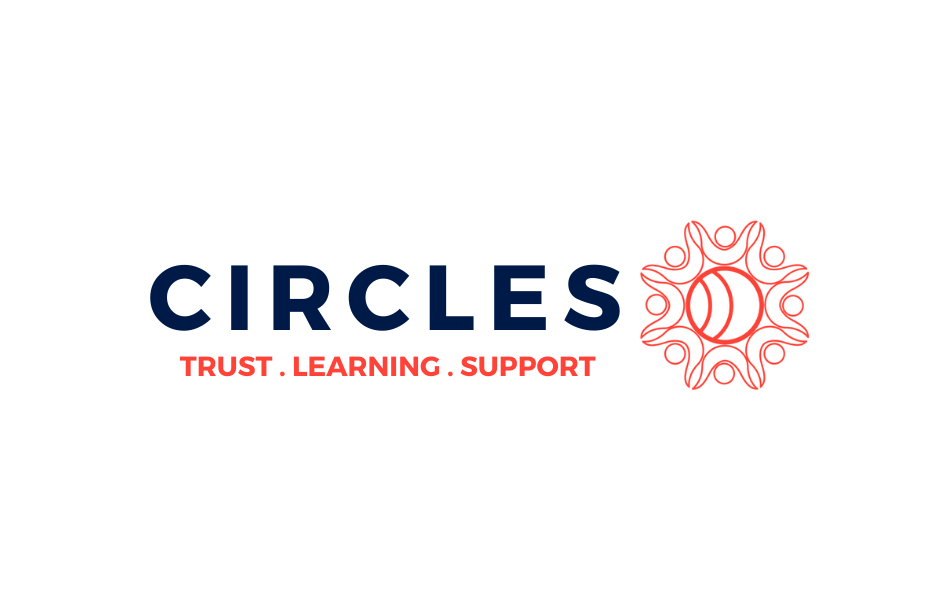Why Do They Know It's Christmas Time was the Wrong Question
Marshall Stowell
Hilton Foundation
Teddy Ruge
Raintree Farms
Nima Shirazi
Spitfire Strategies
Moira O’Neill
FrameWorks Institute
Key Takeaways:
We need narratives that are shaped by the people with the first hand experience.
Pay close attention to where you are attributing responsibility. And rephrase relentlessly. Anticipate how people will react to what you say and the story they will then tell about what you have said.
The atomic unit of propaganda is not lies, but emphasis. The weight of all the bad stories we hear far outweighs the few positive.
Create narratives that show the communities that create the circumstances individuals find themselves in.
Slide Deck:
Session Summary:
Narratives are what we use to drive change in the world. However, the narratives that are most often told about poverty, aid and assistance, although perhaps well-intentioned, are often detrimental to those they seek to help. The message of empowerment is one of me (who has power) giving you (who is powerless) some power.
This can be seen in much of the writing about developing African countries. Often times the narrative explains Africa’s lack of development as a result of happenstance, bad luck, and internal problems and ignores the fact that inequalities were the inevitable result of colonialism and plunder. They absolve the West of responsibility and do little to provide a true voice for the people of Africa. It is a narrative of white saviors, the west deciding how Africa should develop, and not conversations by Africans deciding how they want their countries to develop. In telling these sorts of narratives you have to be cognitive of your privilege and ensure you are truly representing the people you are supposed to be working for.
While having oppressed, or vulnerable, or abused people tell their personal stories may be an effective way to move people and fundraise, it can be very damaging. Pay attention to the attribution of responsibility. Tell narratives that show how systems and not individual behavior produce these outcomes. We need to think in terms of long term change and thus tell stories that educate, and not merely incite an emotional response. This may mean losing cents on the dollar when it comes to fundraising, but is important in the goal of changing the mentality of the masses.
Additional Notes, Quotes, and Interesting Points:
“ Philanthropy, wealth and power have an outsized responsibility to get the narrative right,” Marshall Stowell
On being a part of a “vulnerable” population: “We are not vulnerable. We are warriors. You have no idea what we have endured, but we live in a vulnerable society,” Moira O’Neill.
“My point is not to shame people, but we’ve all made mistakes. How do we own those mistakes and move forward?” Marshall Stowell
Exercises or Questions Asked of the Audience:
Marshall Stowell played Do They Know It’s Christmas, asking audience members to pay special attention to the lyrics.
At the end of the panel Marshall Stowell asked the audience to join him in making commitments:
Panels will now always have people with lived experience on them.
In anything we publish that is a photo we will include the advice and guidance of a person with lived experience.
Resources & Tools:
Africa In The Media, Norman Lear Center
No White Saviors
The White Correspondent’s Burden – Jina Moore, Boston Review (8/2/12)
Aid in reverse: how poor countries develop rich countries – Jason Hickel, The Guardian (1/14/17)
Does the west really care about development? – Jason Hickel, The Guardian (3/5/16)
Citations Needed, podcast
Next Steps:
Begin providing platforms for people with lived experiences to give their advice and use their voice.
Questions from the Audience:
Q: Are there short-term language solutions to use to move away from using the word “empower”?
A: One example is calling people consumers, not beneficiaries. Call it “consumer powered health care.” It gives people more choice. It takes the focus off the idea of empowering them, and instead focuses on celebrating their power.
Q: How do we use personal stories to convince people of our mission while maintaining the dignity of the people whose stories we’re telling?
A: It’s important that you tell stories that don’t merely make people cry, but convince them also to action. Make sure you are telling just and equitable stories of agency and not purely victimhood. Think about who is portrayed as having power in the stories. Also, don’t use these stories to pose you or your organization as a savior. Finally, let it be told in the voice of those with lived experience.
These notes were captured by Catherine DeLaura and have been reviewed by the presenters Marshal Stowell, Teddy Ruge, Nima Shirazi, and Moira O’Neill.


